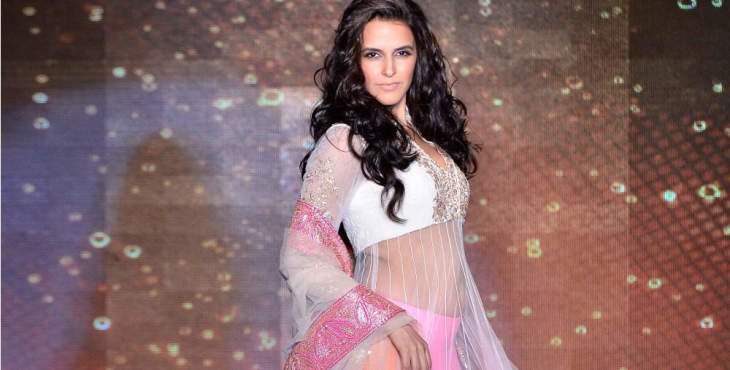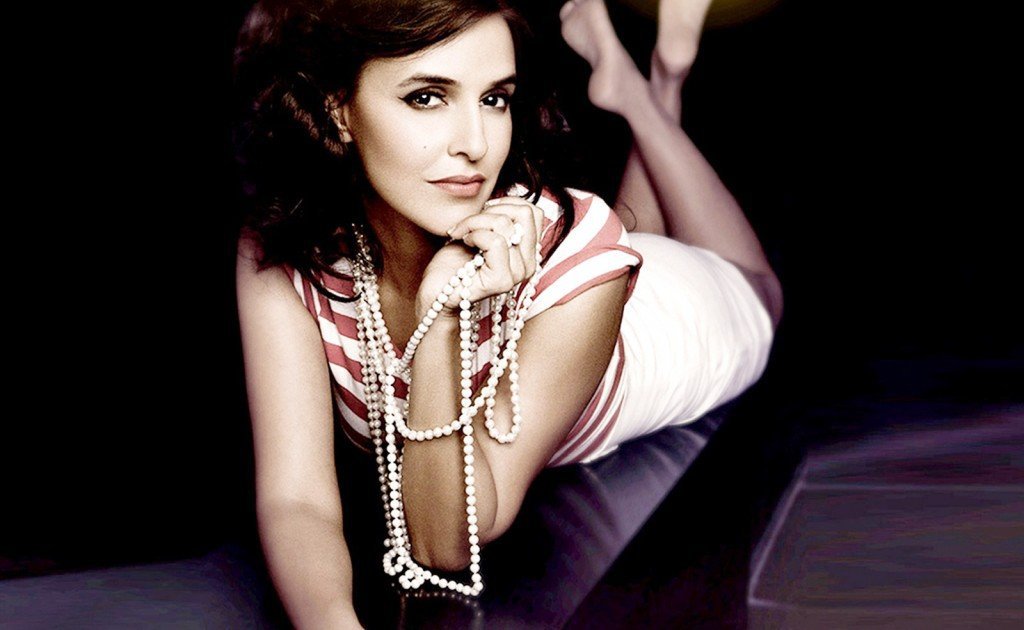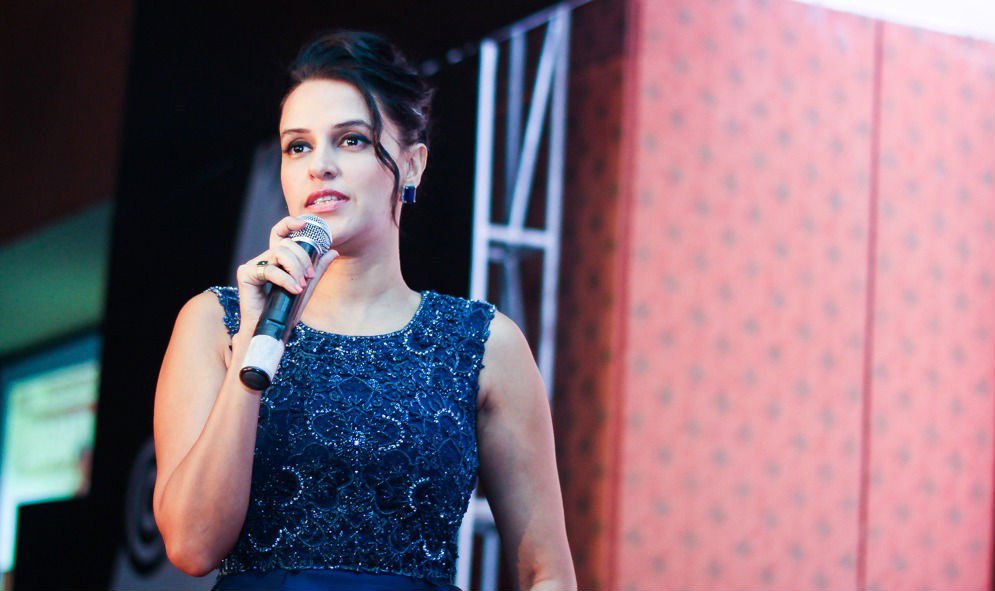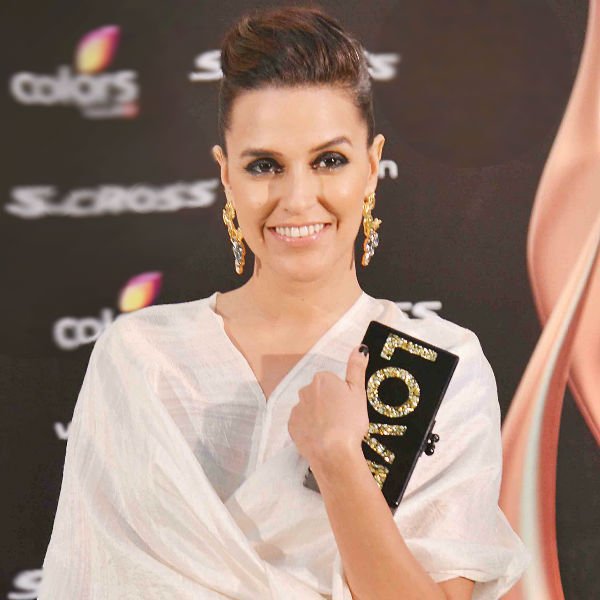Okay, we get it. Unlike how it should be, not everyone gets the importance of women empowerment. Are we okay with it? Definitely not.
Bollywood, good old shiny, star-studded Bollywood might seem like the perfect place to be, one which can only be reached with the perfect alignment of dreams and hard work. But not everything is gold on that front when it comes to women empowerment, as decades of Bollywood history will tell you.

Things have only began to change a little and a lot of our clueless stars have voiced their opinions to show how little they understand about women empowerment. And joining that bandwagon recently is actress and former beauty queen Neha Dhupia.
As reported by Yahoo! News, Neha Dhupia said that she does not understand the hue and cry about women empowerment. She also feels that “the more we talk about it, the more we sound like we need it”. Whatever that means.

Dhupia told IANS “I really don’t think that we should make a big deal about women empowerment because the more we talk about it the more we sound like we need it and we don’t need it. I think it (demand for empowerment) is just something that is used by a certain set of people”.
She further added: “I am an independent single woman and I don’t need to be empowered by anything, except that drive to do better everyday in life. So, I really don’t understand what the hue and cry is about.”

Dhupia also said “If you are talking about roles, then it is all changing. Now, there are so many author-backed roles for women. And there are some scripts where women fit in a different way and there are some scripts where women fit in a certain way.”
First of all, because a “certain set of people” decided to raise a “hue and cry” at some point do we have actresses portraying anything on screen at all. This hue and cry also enabled a lot of people to form opinions and dispense them without a second thought.

And what Neha Dhupia mistakes for empowerment is good old entitlement on her part. Why is it so difficult to understand that women empowerment is not simply about good and “author-backed roles” or “scripts where women fit in a different way”?
See, we get it, you feel you don’t need women empowerment, then good for you. That is only the halfway mark to actualising women empowerment, a point when women not only feel but also seriously do not need it anymore.
But is it too much to ask to not discuss a topic and deride decades of work on the same simply because one does not understand it?

















